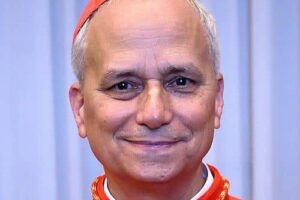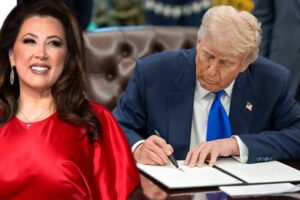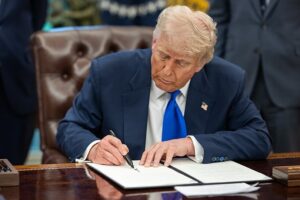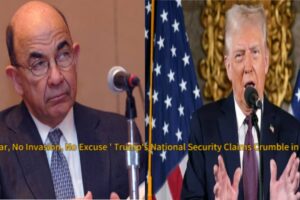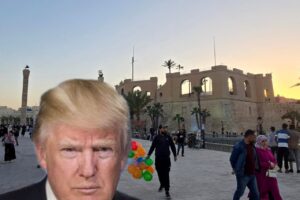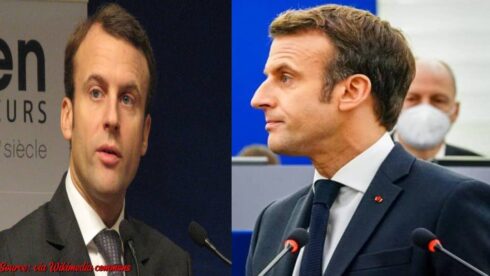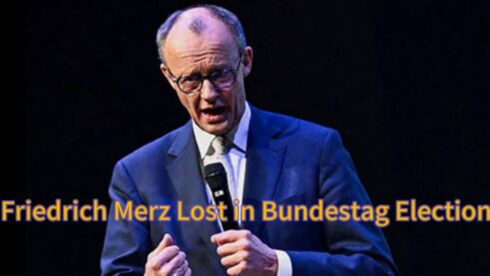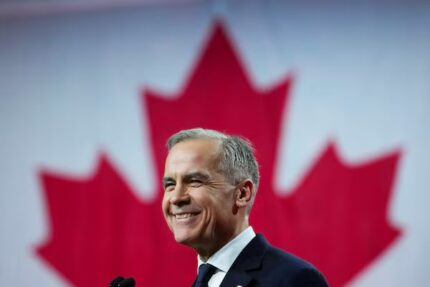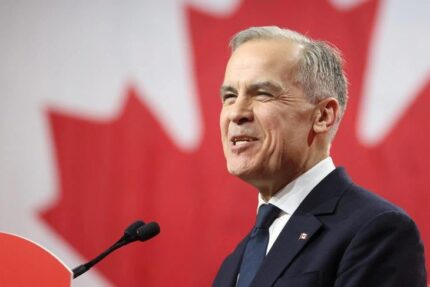French President Emmanuel Macron has expressed frustration over what he termed the ingratitude of African leaders regarding the role of French troops in combating Islamist extremism in the Sahel region. Speaking at an annual foreign policy conference in Paris on Monday, Emmanuel Macron accused these leaders of failing to acknowledge France’s sacrifices and contributions since its military intervention began in 2013.
Emmanuel Macron highlighted the critical role French forces played in curbing terrorism and preserving stability in the region, emphasizing that their involvement was at the request of sovereign African states. “We were right. I think someone forgot to say thank you,” he remarked, hinting at a lack of acknowledgment from Sahel leaders. His comments underscore growing tensions between France and its former African colonies amid political upheavals and shifting alliances in the region.
The Legacy of French Troops in the Sahel Region
France’s military intervention in the Sahel, known as Operation Serval and later Operation Barkhane, was launched to counter the rise of jihadist groups threatening regional stability. Over the years, thousands of French soldiers were deployed, with some paying the ultimate price in the fight against terrorism. Emmanuel Macron noted, “My heart goes out to all of our soldiers, some of whom have given their lives and fought for years.”
Despite France’s significant military contributions, Emmanuel Macron lamented that African leaders have not sufficiently recognized these efforts. He argued that without French intervention, many of these nations would have struggled to maintain sovereignty amid escalating extremist threats. His remarks reflect a sense of disillusionment with the political dynamics in the Sahel following recent military coups in countries like Mali, Burkina Faso, and Niger.
The Strained Relationship Between France and Sahel Nations
Emmanuel Macron’s criticism also highlights the strained relationship between France and several Sahel nations, especially those that have experienced military coups. In recent years, anti-French sentiment has grown among populations in the region, with some accusing France of neocolonialism and prioritizing its interests over those of African nations.
The withdrawal of French troops from the region following these coups has further complicated relations. Emmanuel Macron stated that France exited because these nations no longer prioritized fighting terrorism, signaling a divergence in objectives. This departure has left a vacuum, with other global powers, such as Russia through its Wagner Group, seeking to fill the geopolitical gap.
Emmanuel Macron’s Message to African Leaders: A Call for Courage
In his address, Emmanuel Macron urged African leaders to exhibit courage and take responsibility in the face of public opinion. He criticized their inability to support France openly, especially when public sentiment turned against French troops. “Ungratefulness, I know too well, is a disease,” Macron said, directing his message at those who he felt had abandoned France’s support.
The French President’s remarks reflect a broader challenge in Franco-African relations, where historical ties are increasingly overshadowed by rising nationalism and calls for self-determination. Emmanuel Macron’s speech underscores the need for African leaders to balance local pressures with international cooperation to address shared security threats.
The Aftermath of France’s Withdrawal from the Sahel
Following France’s withdrawal, the security situation in the Sahel has become more precarious, with extremist groups exploiting the power vacuums left behind. Countries like Mali and Burkina Faso have turned to other international actors, including Russia, to support their counterterrorism efforts. However, questions remain about the effectiveness and long-term impact of these new alliances.
Emmanuel Macron defended France’s decision to leave, emphasizing that it was the result of changing political realities, particularly the coups that shifted priorities in the region. He reiterated that France’s initial involvement was driven by a commitment to peace and stability, not ulterior motives. “We were there at the request of sovereign states who asked France to come,” he stressed.
Redefining France’s Role in Africa
Emmanuel Macron’s address signals a turning point in how France approaches its relationship with Africa. The French President hinted at a shift towards a more hands-off strategy, focusing on partnerships based on mutual respect rather than military intervention. This approach aligns with France’s broader aim of redefining its role in a rapidly evolving geopolitical landscape.
Looking ahead, Emmanuel Macron emphasized the importance of fostering stronger ties with African nations through diplomacy and economic cooperation rather than military involvement. While his criticism of African leaders may strain relations further, it also serves as a wake-up call for a more balanced and self-reliant approach to addressing regional security challenges.


